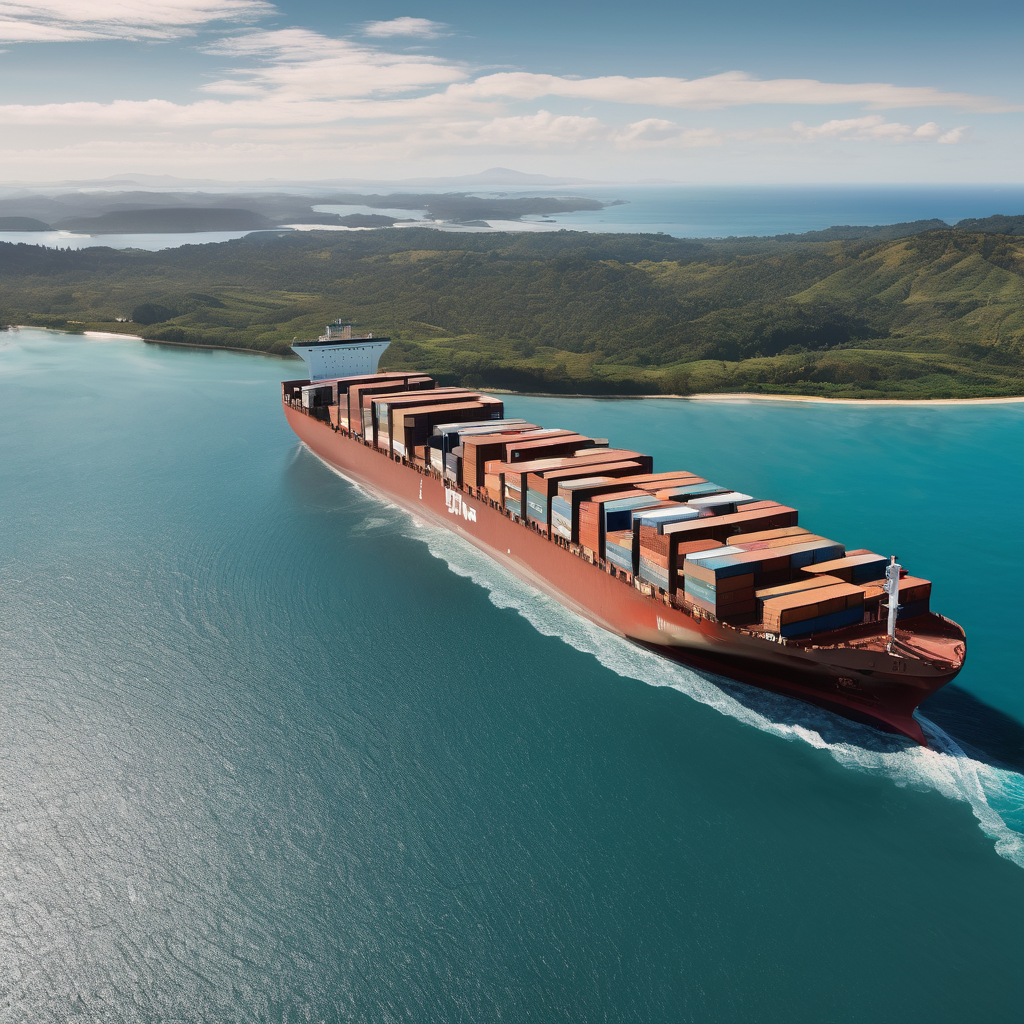Despite a new partnership between Fiji and Vanuatu, freight costs are significantly hindering trade between the two nations. Prime Minister Sitiveni Rabuka acknowledged the challenge in Parliament, citing high port charges, commercial operations at Fiji Ports Corporation, and exorbitant shipping line fees as substantial obstacles. However, he expressed optimism that solutions could be identified through decisive action by the government and transport agencies.
Rabuka highlighted the potential for collaboration among those involved in trade, including seaports and airports, to address the financial burdens impacting the economies of both countries. Opposition MP Vijay Maharaj emphasized the severity of the issue, noting that shipping costs from Fiji to Vanuatu are substantially higher than those from Australia to Fiji, thus diminishing the advantages offered by the Melanesian Spearhead Group trade agreements. Maharaj called for urgent government intervention to alleviate these costs, which affect businesses and logistical operations.
In a positive development, Fiji and Vanuatu signed a Memorandum of Understanding on September 10, encompassing several areas such as trade, labor mobility, education, health, agriculture, fisheries, climate change, and disaster response. This agreement aims to formalize and deepen cooperation between the two countries, reinforcing a foundation based on neighborly care and mutual trust.
This new trade pact is set to create a framework for enhanced governance, economic growth, and regional security, potentially paving the way for a resolution to the ongoing trade barriers. The agreement’s emphasis on collaboration and shared values underscores a broader regional trend towards more integrated economic partnerships, which could foster resilience and prosperity for both nations.
The challenges of high freight costs are not unique to the Fiji-Vanuatu corridor. Similar concerns have surfaced in other Pacific regions, highlighting a systemic issue that necessitates coordinated regional efforts. By addressing these cost barriers, both countries can achieve more robust economic dynamics and enhance their trade relationships. The focus on creating sustainable economic growth through strategic partnerships holds promise for a brighter future, not only for Fiji and Vanuatu but for the Melanesian region as a whole.
